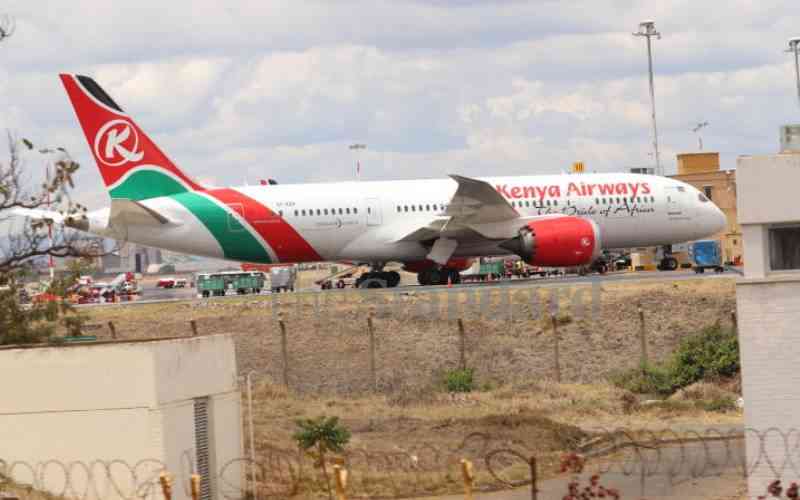
Kenya's airspace, like any other resource, is a national asset. The overarching consideration of its use must be for the benefit of the country and its citizens. Access to it cannot be given gratuitously.
Nor should it be granted to foreign entities without commensurate value returns. Which is why Bilateral Air Service Agreements (BASAs) exist; to ensure that the country is not exploited by those who access its airspace.
BASAs are treaties between countries to allow international commercial air transport services between territories. An article from Lexology expounds on BASAs saying, "these agreements provide the framework under which identified airlines from two countries fly into designated ports in each other's country." The negotiation of BASAs is a complex affair often involving the Transport, Trade and Foreign Affairs ministries of the countries involved. This is because BASAs are reciprocal for their mutual benefit.
Facts First
Unlock bold, fearless reporting, exclusive stories, investigations, and in-depth analysis with The Standard INSiDER subscription.
Already have an account? Login
 The Standard Group Plc is a multi-media organization with investments in media
platforms spanning newspaper print
operations, television, radio broadcasting, digital and online services. The
Standard Group is recognized as a
leading multi-media house in Kenya with a key influence in matters of national
and international interest.
The Standard Group Plc is a multi-media organization with investments in media
platforms spanning newspaper print
operations, television, radio broadcasting, digital and online services. The
Standard Group is recognized as a
leading multi-media house in Kenya with a key influence in matters of national
and international interest.




